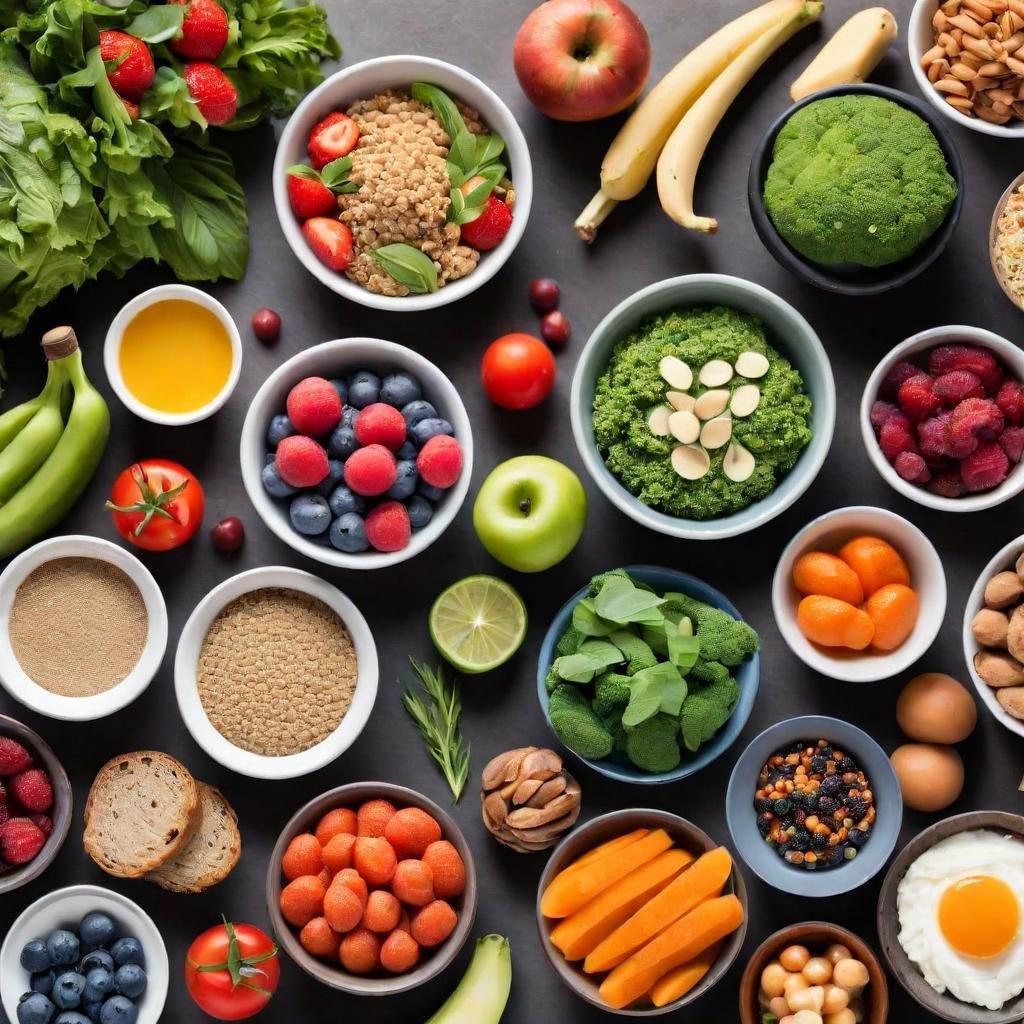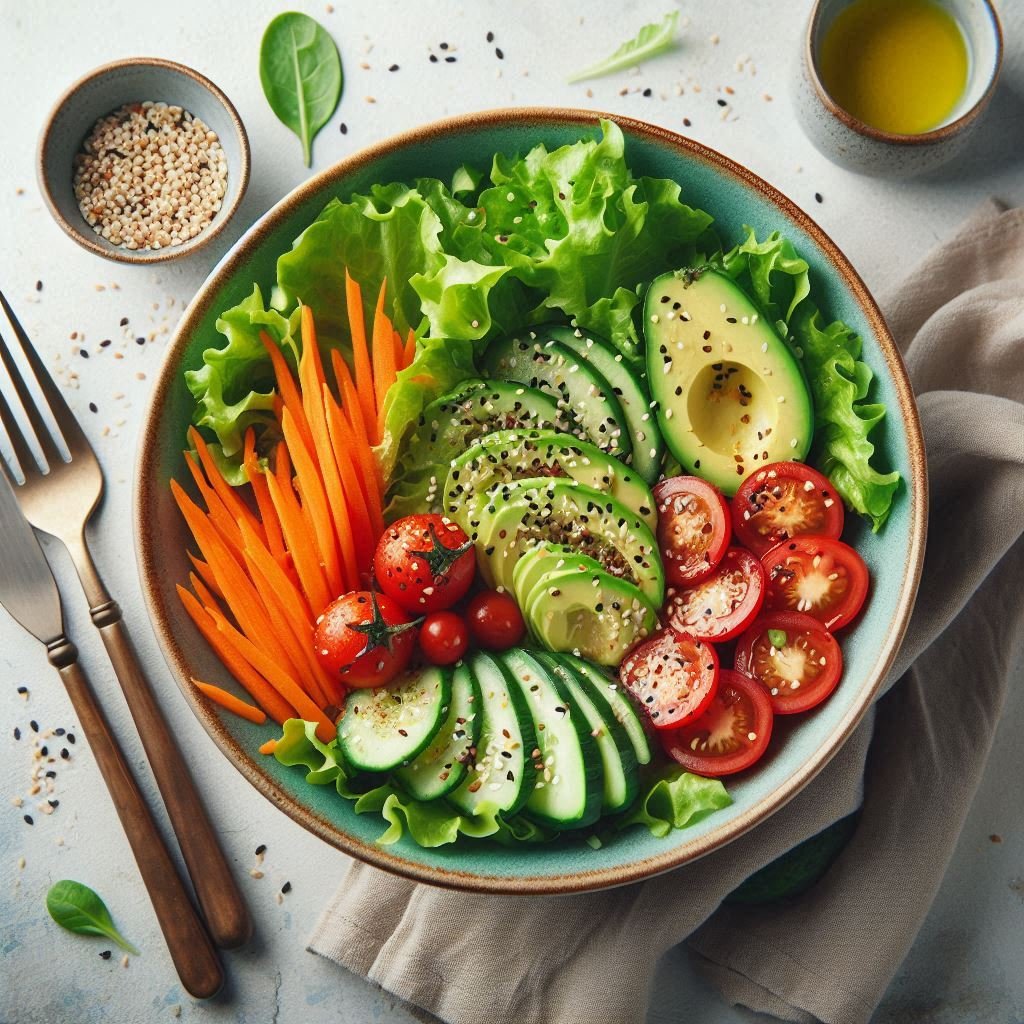In a world increasingly mindful of sustainability and health, many are turning to plant based diets for both ethical and food based reasons. While plant based eating is praised for its benefits, a common concern is making sure of adequate protein intake. Luckily, nature provides a wealth of plant based protein sources that can easily meet your dietary needs. Let’s dive into five fantastic options to help power your diet with protein packed plants!
1. Quinoa: The Complete Protein Powerhouse
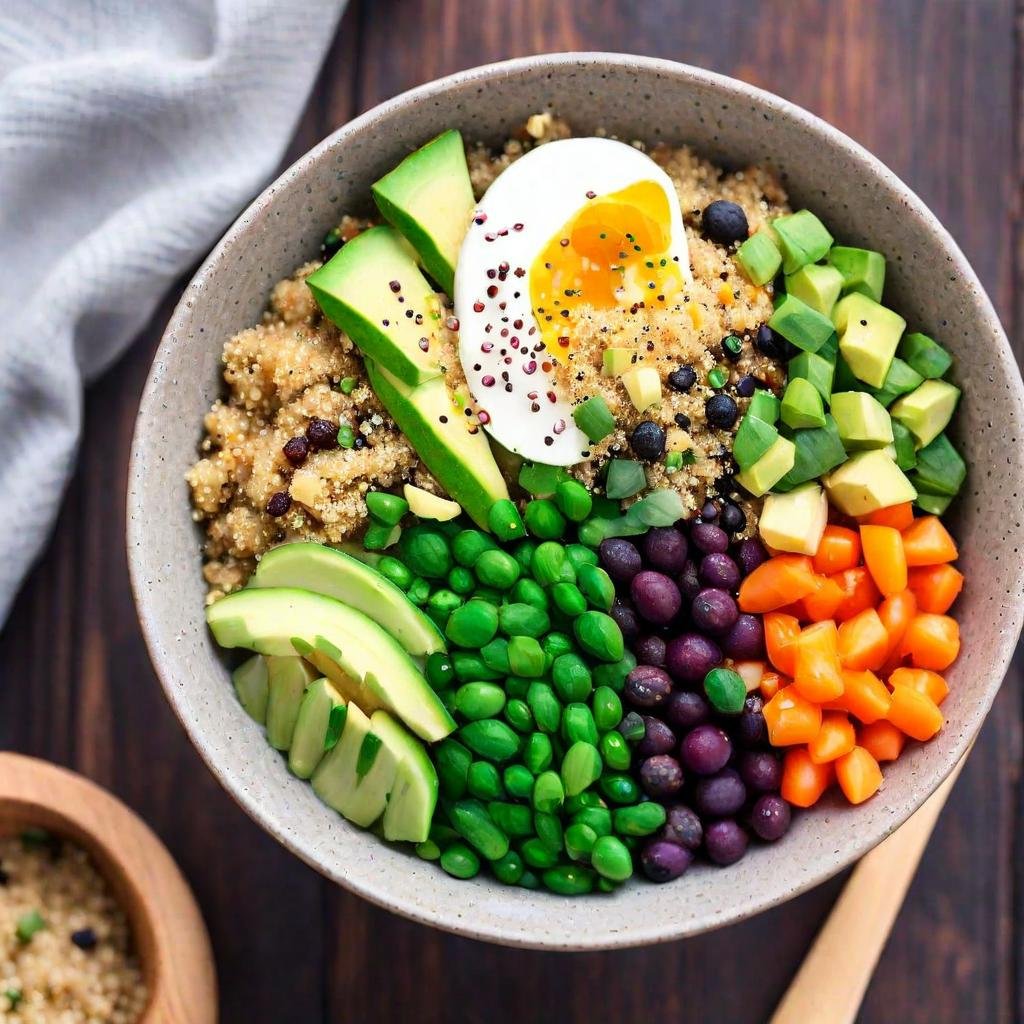
Quinoa is often celebrated as a super food, and for a good reason. This ancient grain is one of the few plant based sources that offer a complete protein profile, meaning it contains all nine essential amino acids. A cooked cup of quinoa packs about 8 grams of protein, making it an excellent addition to salads, bowls, and even breakfast.
How to Use: Swap rice for quinoa in your favorite dishes, or make a colorful quinoa salad with veggies, beans, and a tangy vinaigrette.
2. Lentils: The Versatile Protein King
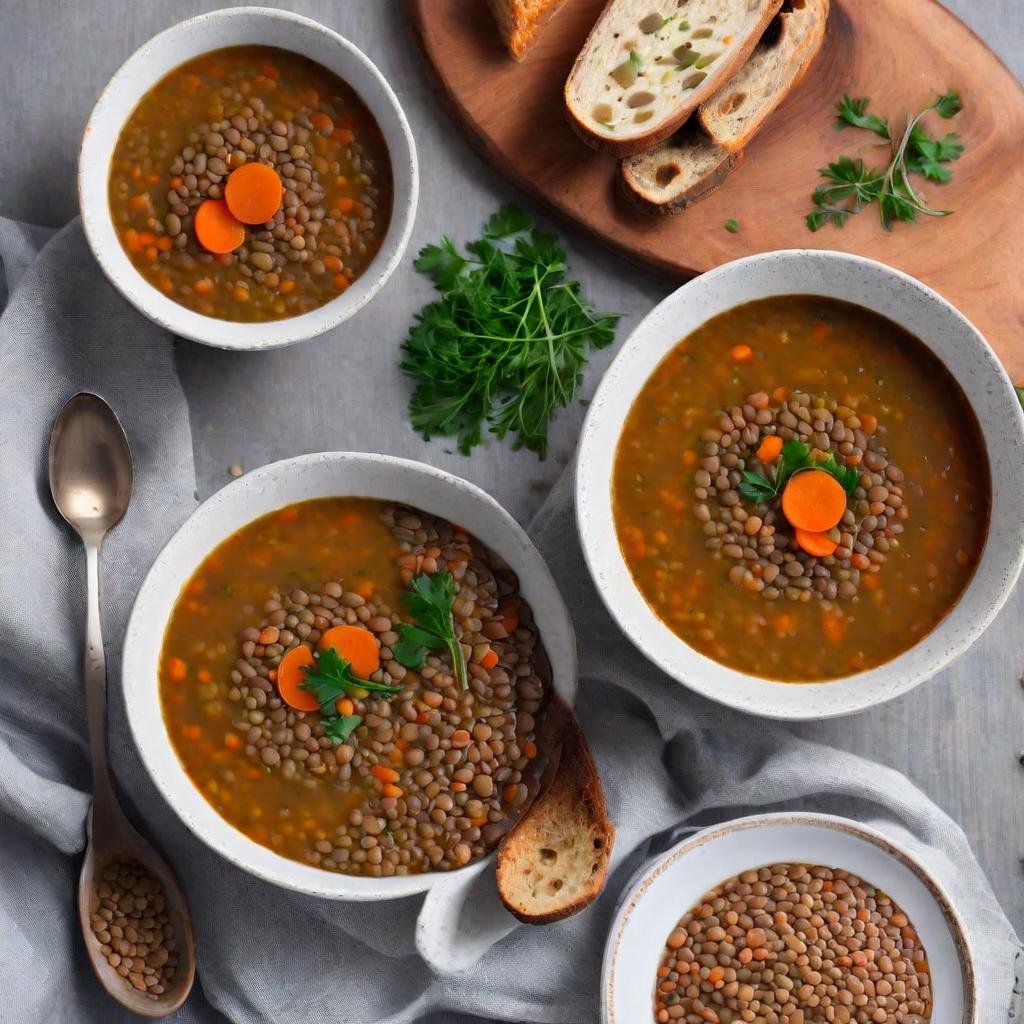
Lentils are not only rich in protein but also boast an impressive amount of fiber, iron, and other essential nutrients. With approximately 18 grams of protein per cooked cup, lentils are a versatile ingredient in soups, stews, and salads. They are also budget-friendly, making them a staple for those looking to eat healthy without breaking the bank.
How to Use: Cook up a hearty lentil soup, whip up some spicy lentil tacos, or add cooked lentils to your salads for an extra protein punch.
3. Chickpeas: The Protein-Packed Legume
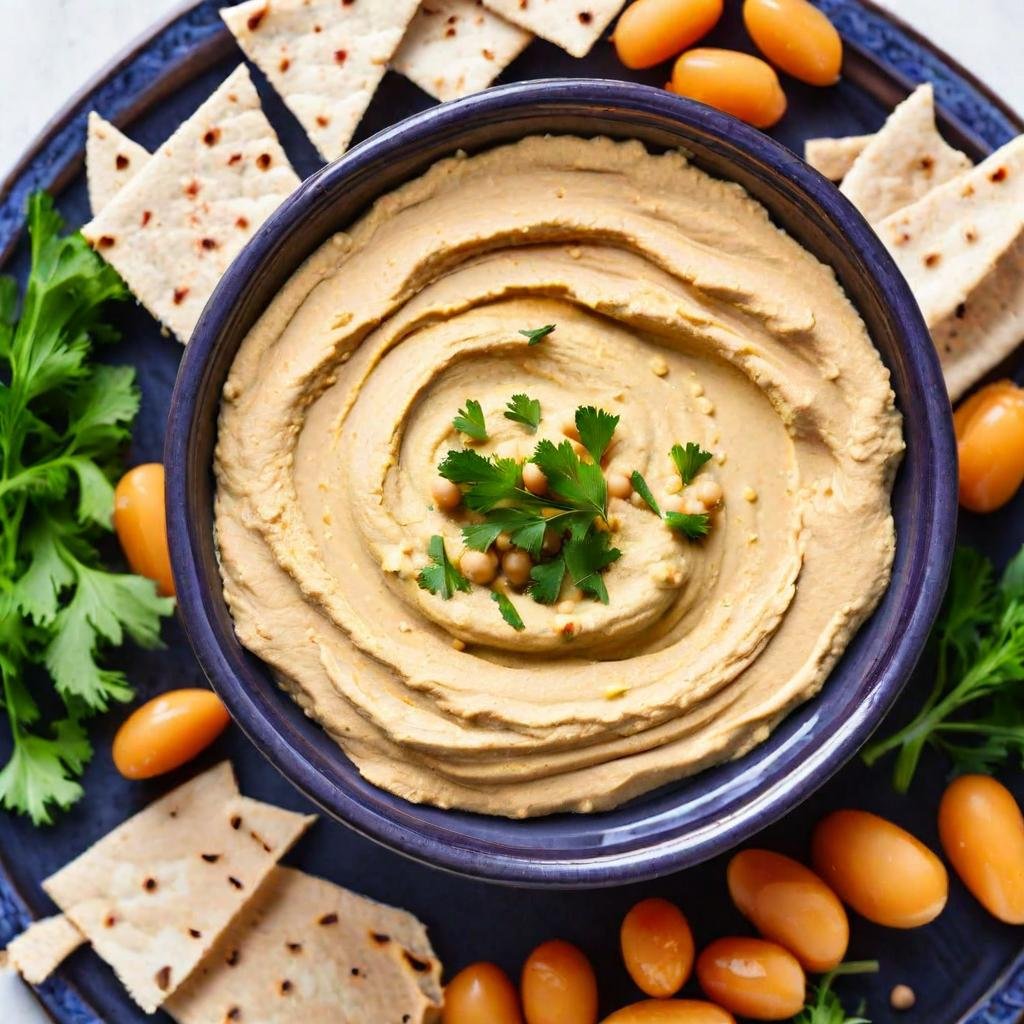
Chickpeas, or garbanzo beans, are another fantastic source of plant-based protein, offering about 15 grams per cooked cup. These legumes are incredibly versatile and can be used in a variety of dishes, from hummus to salads to roasted snacks.
How to Use: Blend chickpeas into a creamy hummus, roast them for a crunchy snack, or toss them into your favorite salads for added texture and protein.
4. Tofu: The Plant-Based Protein Block
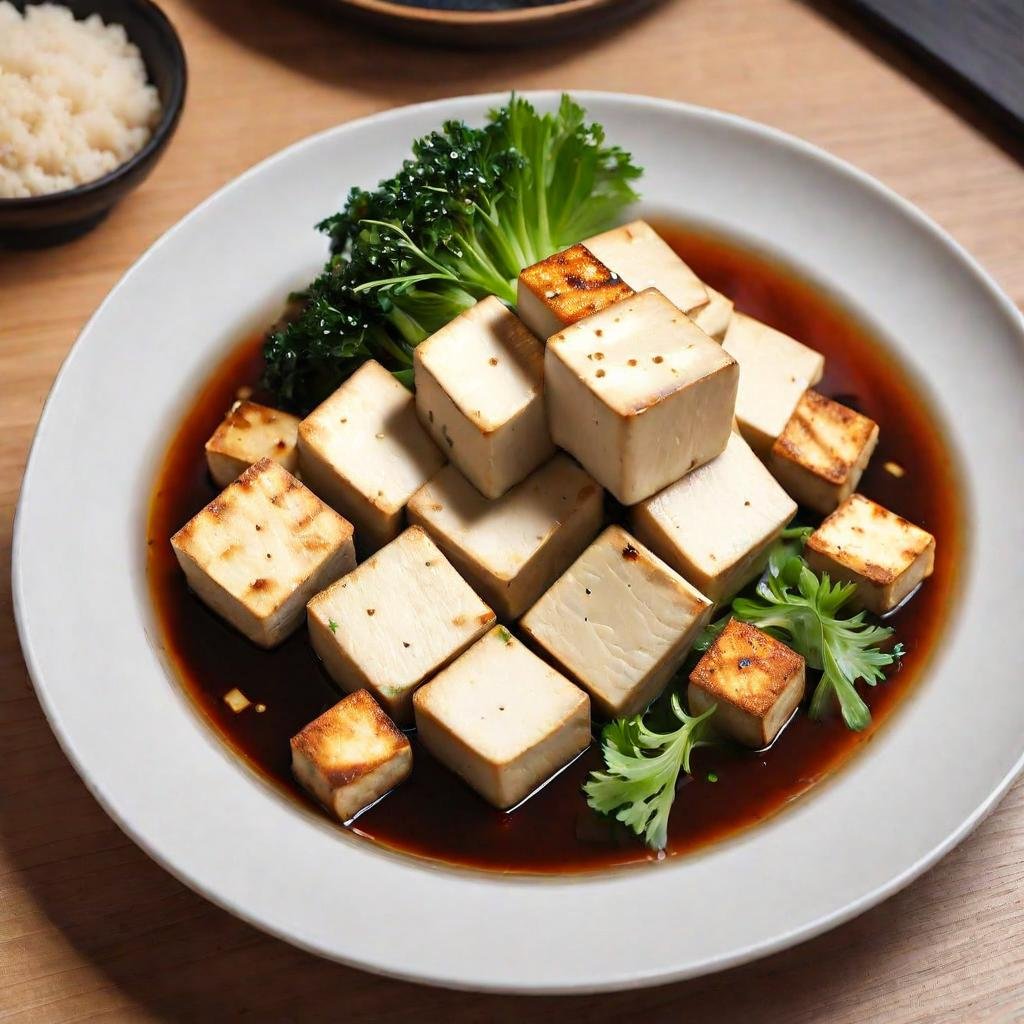
Tofu, made from soybeans, is a staple in many vegetarian and vegan diets. It’s incredibly versatile and can absorb flavors from marinades and spices, making it a great addition to various dishes. A 3.5-ounce serving of tofu provides around 8 grams of protein. It’s also a good source of calcium and iron.
How to Use: Stir-fry tofu with your favorite veggies, bake it with a marinade, or crumble it into a scramble for a protein-packed breakfast.
5. Chia Seeds: The Tiny Protein Powerhouses

Despite their small size, chia seeds are packed with nutrients, protein, fiber, and omega 3 fatty acids. Just two tablespoons of chia seeds provide about 4 grams of protein. These seeds can be easily incorporated into your diet and are perfect for adding a nutritional boost to various meals.
How to Use: Sprinkle chia seeds on your morning smoothie or oatmeal, mix them into yogurt, or make a chia seed pudding for a protein-rich snack or dessert.
Conclusion
Incorporating plant-based protein sources into your diet doesn’t have to be challenging or boring. Some options are like quinoa, lentils, chickpeas, tofu, and chia seeds. You can enjoy a variety of delicious and nutritious meals while meeting your protein needs. These plant-based proteins not only support muscle growth and repair but also provide a host of other health benefits. So, whether you’re fully plant based or just looking to diversify your protein intake. These options are excellent choices to power your diet.





